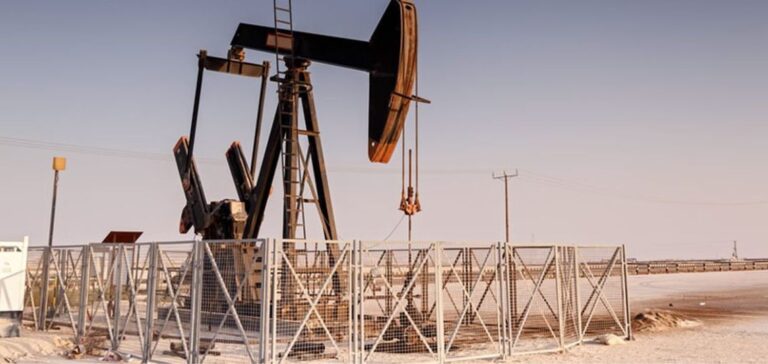Kuwait, OPEC’s fourth largest producer, aims to increase its production capacity to 4 million barrels per day (b/d) by 2035. At present, the country’s production capacity falls far short of this target due to years of political instability and parliamentary opposition to foreign investment. The recent dissolution of parliament by Emir Sheikh Meshal al-Ahmad al-Jaber al-Sabah and the suspension of certain constitutional articles mark a turning point. Emad Mohammad al-Atiqi, Kuwaiti academician and Oil Minister, retains his post under the new government. “Greater government stability would be beneficial for the Oil Ministry, which has seen a lot of turnover in recent years,” says Kristin Diwan, senior researcher at the Arab Gulf States Institute in Washington.
Ambitious production targets
Kuwait aims to increase its production capacity to 4 million b/d by 2035. They estimate around 3.65 million b/d from Kuwait Oil Company assets and 350,000 b/d from the Neutral Zone shared with Saudi Arabia. Compared with other Gulf producers such as the United Arab Emirates and Saudi Arabia, Kuwait is still a long way from its target. Experts believe that the Kuwaiti government will be heavily scrutinized for delivering on its promises. “Further opening up of the hydrocarbon sector to new foreign investment is possible in this context,” explains Mariam al-Shamma, political risk and upstream analyst at Global Commodity Insights.
Challenges facing aging assets
Kuwait’s current production capacity is 2.9 million b/d, but production in April was limited to 2.44 million b/d due to OPEC+ cuts. The biggest challenge is to develop the aging assets of the Greater Burgan field. In particular, it is already producing close to full capacity thanks to improved recovery techniques such as gas injection and water flooding. Despite efforts to increase production, some industry sources doubt the feasibility of the production targets set. “Kuwait is targeting 3.2 million b/d by 2025, but that remains to be seen,” says Chad Barnes, upstream asset valuation analyst at Commodity Insights.
Opportunities and prospects
The new political climate could make it easier to expand production capacity at the Greater Burgan field and allow companies like BP and Shell to participate without parliamentary obstacles. Kuwait could also accelerate the discovery of new oil and gas fields. In addition, the Neutral Zone shared with Saudi Arabia resumed production in 2020 after a four-year hiatus. This is another potential source of capacity increase. However, operational challenges remain, as do negotiations with Iran over the Durra offshore field. The dissolution of Kuwait’s parliament and the suspension of certain constitutional articles by Emir Sheikh Meshal al-Ahmad al-Jaber al-Sabah could usher in a new era for the country’s energy sector.





















